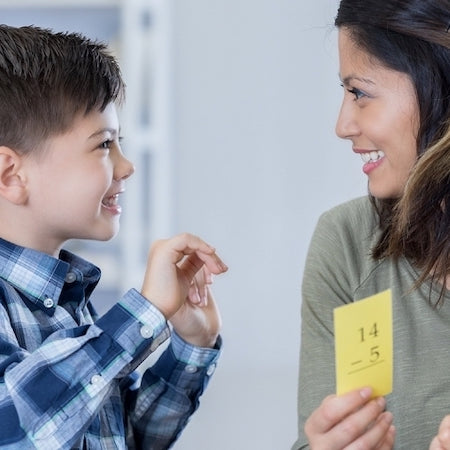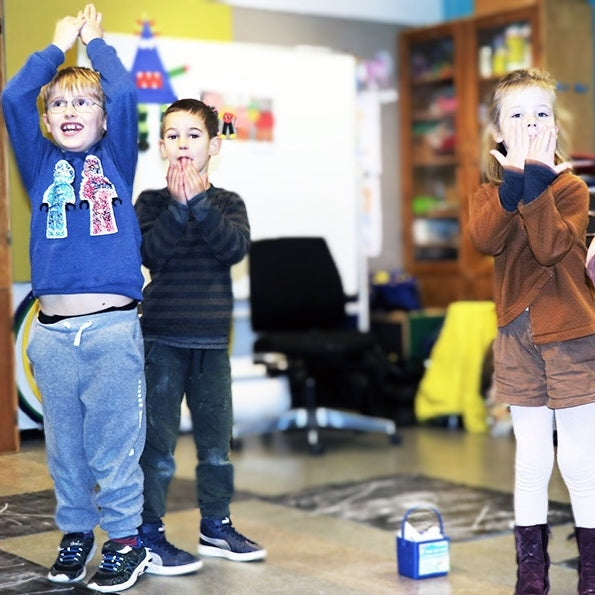Research -- StepUp to Learn
How The Instinct to Explore Helps The Brain Learn
How an instinct to explore helps animals learn to map their environment.
Solving a Tough Problem? Kids Use the Same Brain Network as Adults
When kids face tough problems -- like math -- they rely on the same brain network as adults.
Robot Helps Students with Learning Disabilities Stay Focused
Engineering researchers are successfully using a robot to help keep children with learning disabilities focused on their work.
Forgetting is Natural, But These Two Techniques Can Slow it Down
Researchers find that using two well-known techniques together offer drastic changes in learning effectiveness.
What Your Gaze Reveals: Attention, Processing and More
Eye movements during tasks provide information about what the person is currently occupied with and what goals are being pursued within the task.
How Students Determine If They're a “Math Person” or “Reading Person”
As students progress through their K-12 years they become more likely to engage in comparisons to determine whether they are either a “math person” or a “reading person.”
How Too Much Motivation Can Affect Decision Making
Researchers reveal why a level of motivation that is too high or too low can affect our perception and therefore our choices.
Can ‘Random Noise’ Unlock Our Learning Potential?
Though many of us may seek a quiet place in which to study, ‘noise’ may play a key role in helping some people improve their learning potential.
Learning to Enjoy Cognitive Effort
Researchers challenge a common assumption and find that challenging cognitive activities can be experienced as rewarding and valuable.
Got Rhythm? This Type of Music Boosts Brain Performance
Listening to these types of songs during an activity helped participants focus attention and multitask, especially those who have good rhythm.
How Kids Problem Solve in New, Creative Ways (And Why You Should Encourage It)
A new study shows that kids broader attentional focus can also prove to be an advantage to finding new, creative ways of problem solving.
How to Boost Children's Letter Sound Recognition
Children who did this became twice as proficient at difficult letter sounds compared to those who received traditional instruction.












